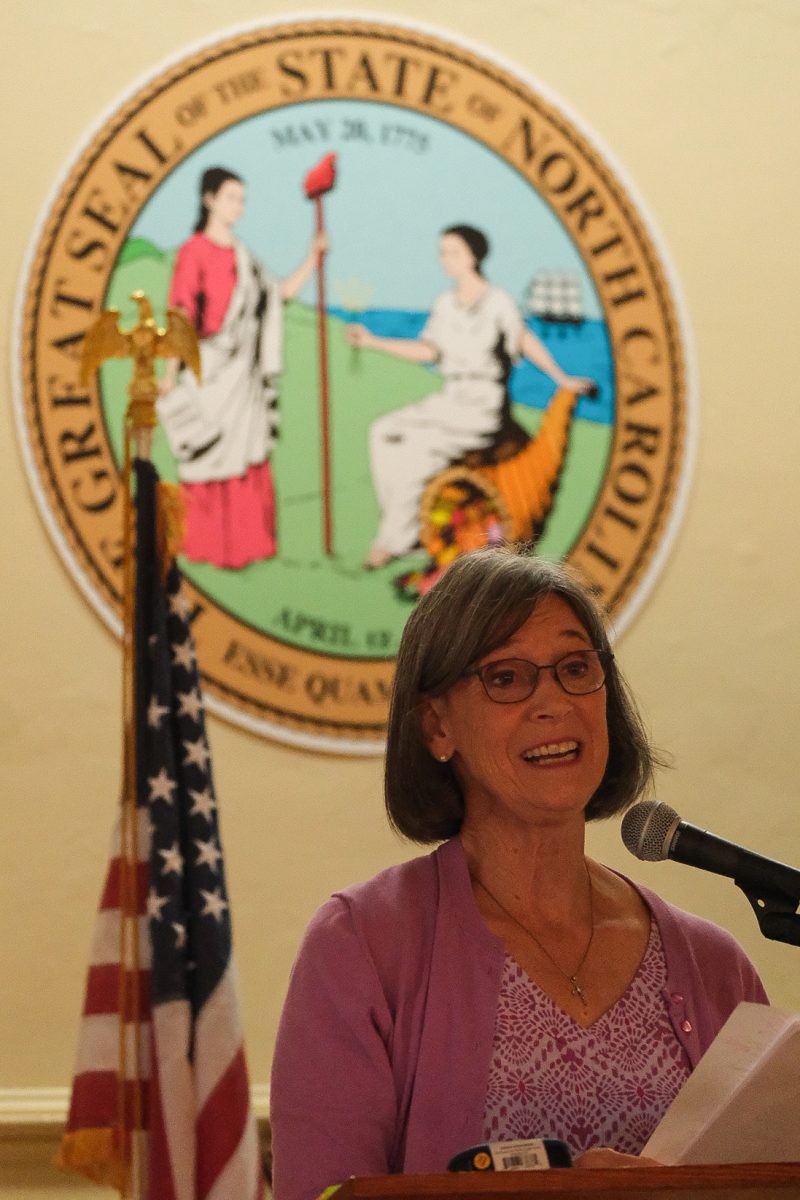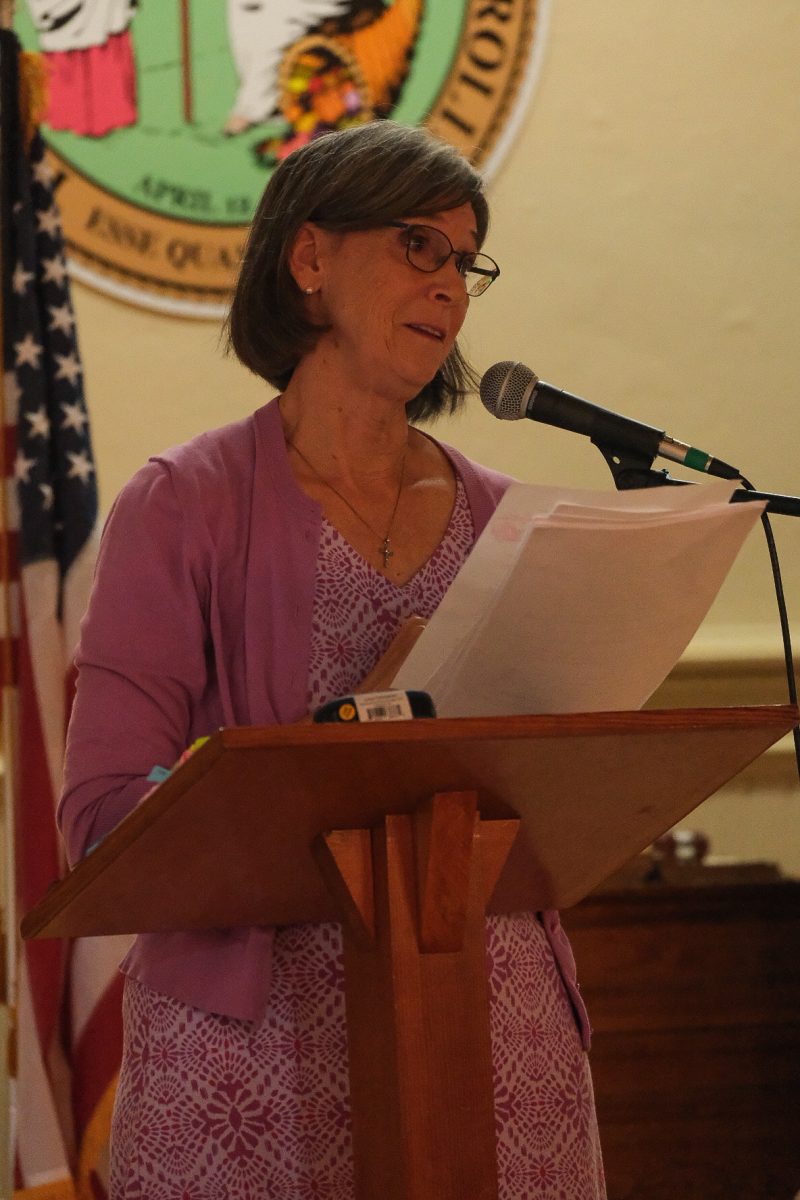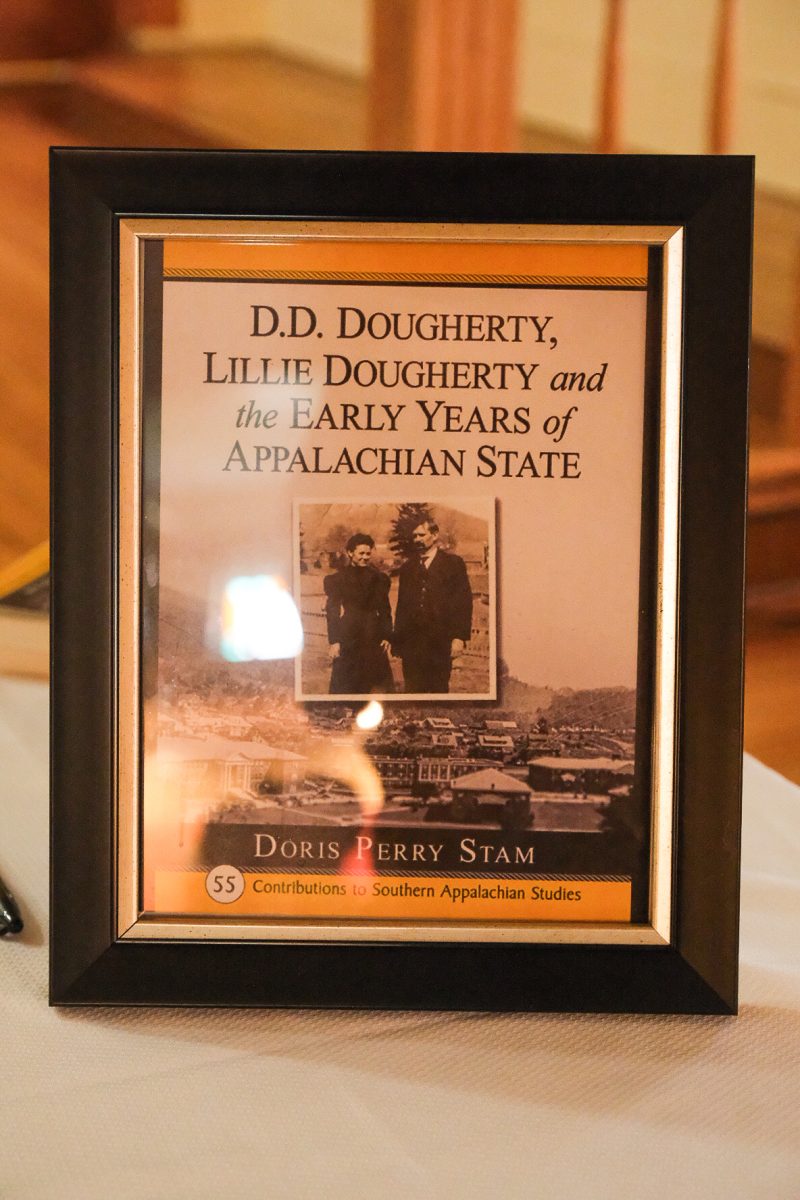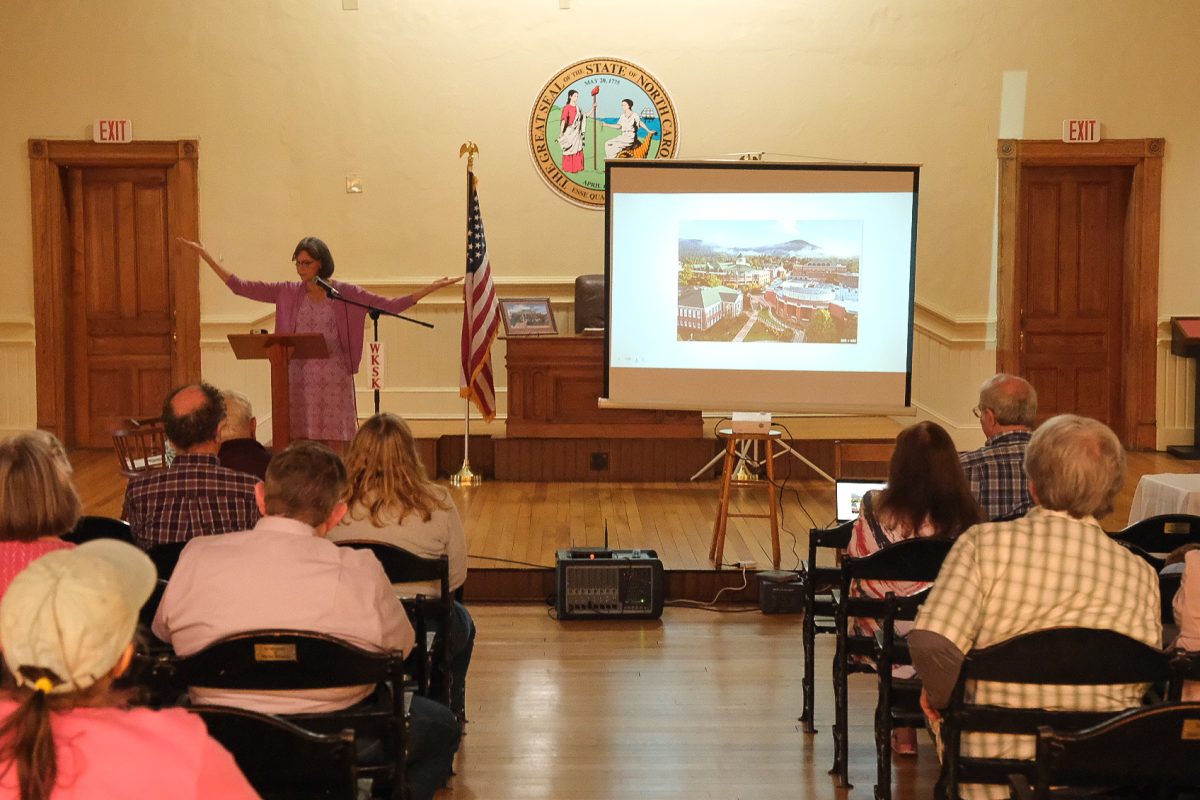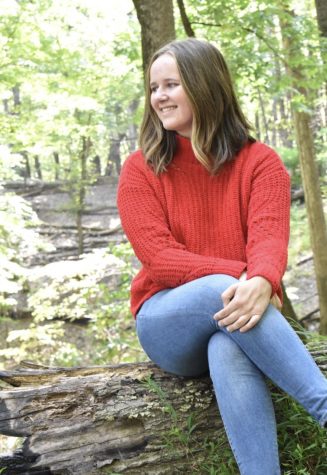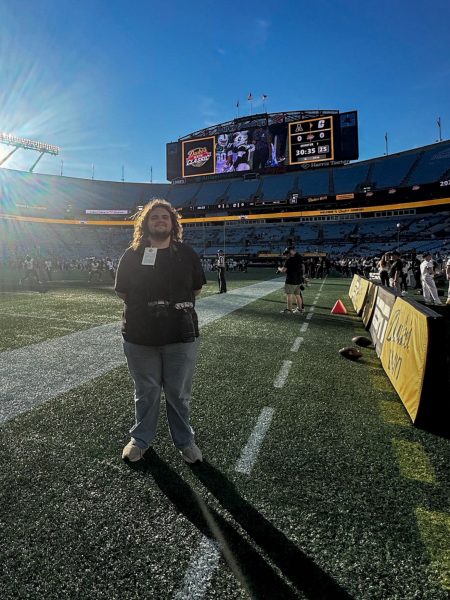The Museum of Ashe County History hosted a lecture presented by Doris Stam, a researcher and descendant of the founders of App State, Friday at 6 p.m.
The lecture, which was free to attend, focused on Stam’s studies on the early history of App State, its founders and the influence of education in rural Appalachia regions. Stam presented her findings, which were included in her most recent book, “D.D. Dougherty, Lillie Dougherty and the Early Years of Appalachian State,” to the event attendees with a slideshow of photographs she collected.
D.D. Dougherty, Lillie Dougherty and B.B. Dougherty all played influential roles in the evolution of higher education in both Boone and the state of North Carolina, Stam said.
Stam’s lecture included the early history of key educational figures of Watauga County, many of whom were members of her direct family, such as Lillie Dougherty and D.D. Dougherty, who were her great-grandparents. She discussed their journey toward establishing a teaching college and higher education opportunities.
“When I inherited the Dougherty family photographs and letters dating back to the 1880s, a weight of responsibility came upon me to preserve and identify the importance of these documents and images,” Stam said.
She said having relatives in both Watauga and Ashe counties aided her research, and she was able to incorporate knowledge about her family that other general researchers would lack.
Stam said the rural location of App State made establishing and maintaining an educational institution difficult, especially with the state legislature in Raleigh. She said Boone did not have access to the Tweetsie Railroad like larger, neighboring cities did until the early 1900s, which also made it difficult to establish the university. These factors, she said, allowed for fewer higher educational opportunities for the community, which could benefit the community with economic growth and development.
“Mountain families had little opportunity for educating the youngsters, except the rural one-room schools which operated maybe eight or 10 weeks a year,” she said.
The Dougherty brothers’ commitment to education was instilled in them by their father, and he held high expectations for his children, Stam said. D.D. Dougherty’s first and middle names, Dauphin Disco, came from the Latin verbs for “heir to the throne” and “I learn.”
B.B. Dougherty later received two honorary doctoral degrees for his commitment to education and was featured on the cover of Our State magazine. Stam said B.B. Dougherty was such an influential figure that his name was not included with his photo on the cover, as readers were already familiar with him.
Stam’s book was originally written for the 125th anniversary of App State, but her events were canceled in the fall because of Hurricane Helene. She expressed her gratitude to attendees.
“You’re my biggest audience to hear about the book. Thank you for being here,” she said.
Stam said the three founders of App State and other scholars helped shape education as we know it today, with the likelihood that the region would be very different without the influence of higher education establishments in Appalachia, like App State.
“This entire area of the world would be very different,” she said.
After the lecture, Stam held a Q&A session. One attendee asked about the inclusivity of minority students during App State’s early history. Stam said App State’s founders did not actively aim to exclude students, providing an example where App State’s founders helped teach an influential minister and leader in the Junaluska community, Ronda Horton.
However, she said segregation was very prevalent at the time, and public schools were segregated through the 1960s. She said there were few schools that made education available to African American students that existed in the region.
Other attendees shared their family and community histories during the Q&A session with Stam.
Cindia Thomas attended the event with her mother, Martha Thomas. She said she enjoys learning about history and is sad to see older establishments with history within the community being closed and shut down.
She has become interested in learning about the history of Butler, Tennessee, which was Lillie Dougherty’s place of birth and where she attended school, so when she saw an advertisement for the event online, she became excited to attend with her mother, who also loves history.
“I am a history nut, and I’m all about preservation,” Cindia Thomas said.
After the Q&A session concluded, Stam provided copies of her book available for purchase, which she signed. Stam’s book is available for purchase at some local stores as well as online.

